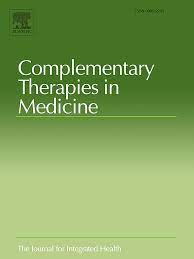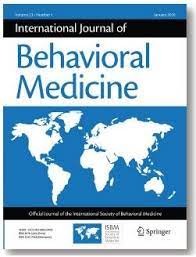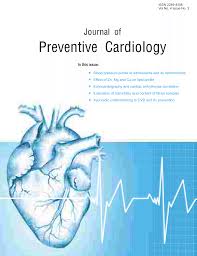Resultaten Onderzoek
U kunt publicaties vinden door te kiezen voor een categorie of een steekwoord. Alle artikelen uit betreffende categorie of met betreffend steekwoord verschijnen dan hier beneden.
Categorieën
Steekwoorden
Categorieën
Steekwoorden
- Toon alle
- ADHD
- Angst/Paniek
- Bloeddruk
- Burnout
- Chronische pijn
- Cognitieve functie
- Cortisol/DHEA
- Dementie
- Depressie
- Diabetes
- Global Coherence
- Hart- & Vaatziekten
- Intuitie & Bewustzijn
- Kanker
- Kinderen/jeugd
- Kosten
- Leiderschap
- Meditatie/Mindfulness
- Metabool syndroom
- Obesitas/eetstoornis
- PTSS
- Schizofrenie
- Slaap & vermoeidheid
- Social Coherence
- Stress
- Veerkracht
- Wetenschap HRV & Coherentie
- Zwangerschap
Heart rate variability biofeedback in chronic disease management: A systematic review

Background: Heart rate variability biofeedback (HRVB) is a non-pharmacological intervention used in the management of chronic diseases.
Method: A systematic search was performed according to eligibility criteria including adult chronic patients, HRVB as main treatment with or without control conditions, and psychophysiological outcomes as dependent variables.
Results: In total, 29 articles were included. Reported results showed the feasibility of HRVB in chronic patients without adverse effects.
Mobile Heart Rate Variability Biofeedback as a Complementary Intervention After Myocardial Infarction: a Randomized Controlled Study

Methods
Forty-six outpatients aged 41 to 79 years with a documented MI were randomized to HRV-BF versus usual care. Generalized estimating equation (GEE) analyses were performed to test improvements in measures of short- and long-time HRV, namely, the standard deviation of the normal-to-normal intervals (SDNN) and well-being after 12 weeks of HRV-BF.
A 6-Week Worksite Positivity Program Leads to Greater Life Satisfaction, Decreased Inflammation, and a Greater Number of Employees with A1C Levels in Range Published: 2019

Objective: To determine whether a 6-week Positivity Program could impact employee cardiovascular inflammation, blood sugars, cortisol, dehydroepiandrosterone (DHEA), and/or life satisfaction.
Methods: Pre- and post-study blood draw and life satisfaction questionnaire tracked changes in 10 cardiovascular and inflammatory
lees verder...A Controlled Pilot Study of Stress Management Training of Elderly Patients With Congestive Heart Failure

The purpose of this study was to evaluate the effect of stress management training on quality of life, functional capacity, and heart rate variability in elderly patients with New York Heart Association classI–III congestive heart failure (CHF). While substantial research exists on stress management training for patients with coronary heart disease, there are few data on the value of psychosocial training on patients with CHF. Thirty-three multi ethnic patients (mean age, 66±9 years) were assigned through incomplete randomization to one of two
lees verder...